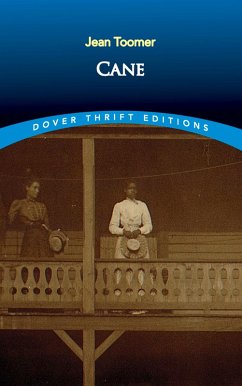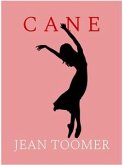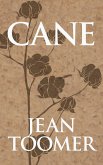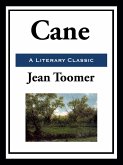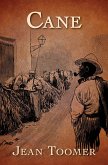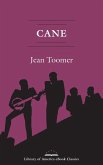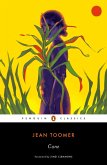"[Cane] has been reverberating in me to an astonishing degree. I love it passionately; could not possibly exit without it." Alice Walker
"A breakthrough in prose and poetical writing .... This book should be on all readers' and writers' desks and in their minds." Maya Angelou
Hailed by critics for its literary experimentation and vivid portrayal of African-American characters and culture, Cane represents one of the earliest expressions of the Harlem Renaissance. Combining poetry, drama, and storytelling, it contrasts life in an African-American community in the rural South with that of the urban North.
Author Jean Toomer (18941967) drew upon his experiences as a teacher in rural Georgia to create a variety of Southern psychological realism that ranks alongside the best works of William Faulkner. The book's three-part structure, ranging from South to North and back again, is united by its focus on the lives of African-American men and women in a world of bigotry, violence, passion, and tenderness.
"A breakthrough in prose and poetical writing .... This book should be on all readers' and writers' desks and in their minds." Maya Angelou
Hailed by critics for its literary experimentation and vivid portrayal of African-American characters and culture, Cane represents one of the earliest expressions of the Harlem Renaissance. Combining poetry, drama, and storytelling, it contrasts life in an African-American community in the rural South with that of the urban North.
Author Jean Toomer (18941967) drew upon his experiences as a teacher in rural Georgia to create a variety of Southern psychological realism that ranks alongside the best works of William Faulkner. The book's three-part structure, ranging from South to North and back again, is united by its focus on the lives of African-American men and women in a world of bigotry, violence, passion, and tenderness.
Dieser Download kann aus rechtlichen Gründen nur mit Rechnungsadresse in A, D ausgeliefert werden.

